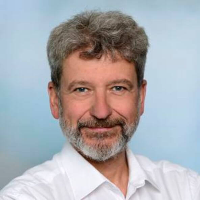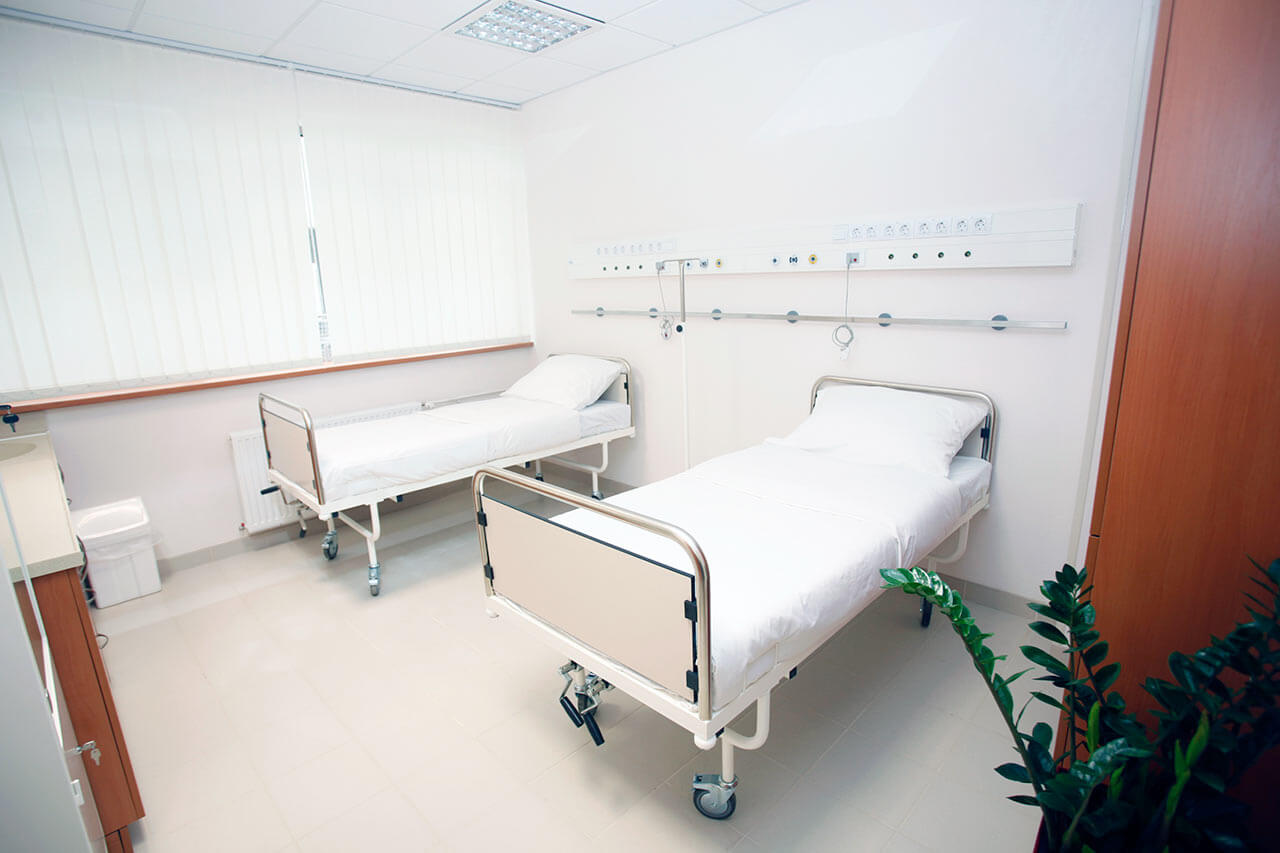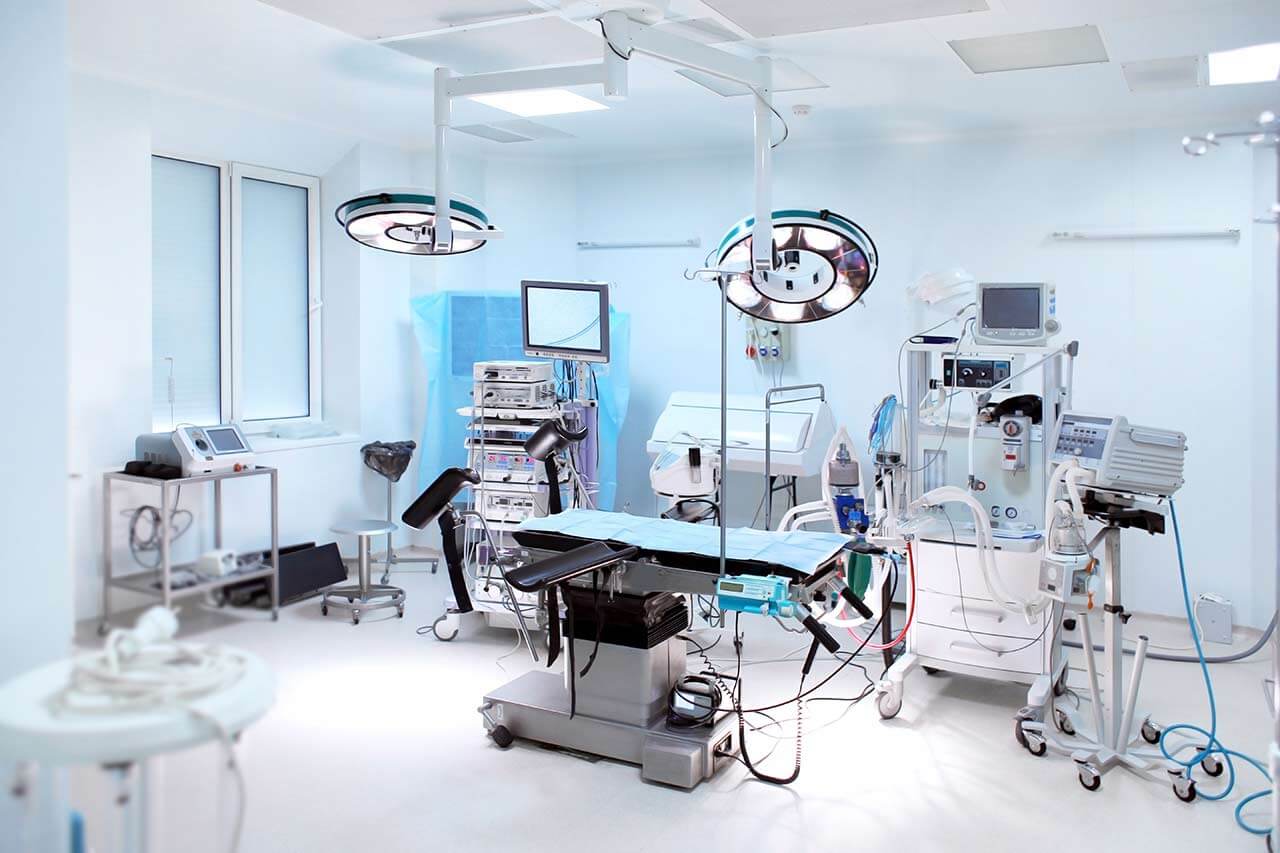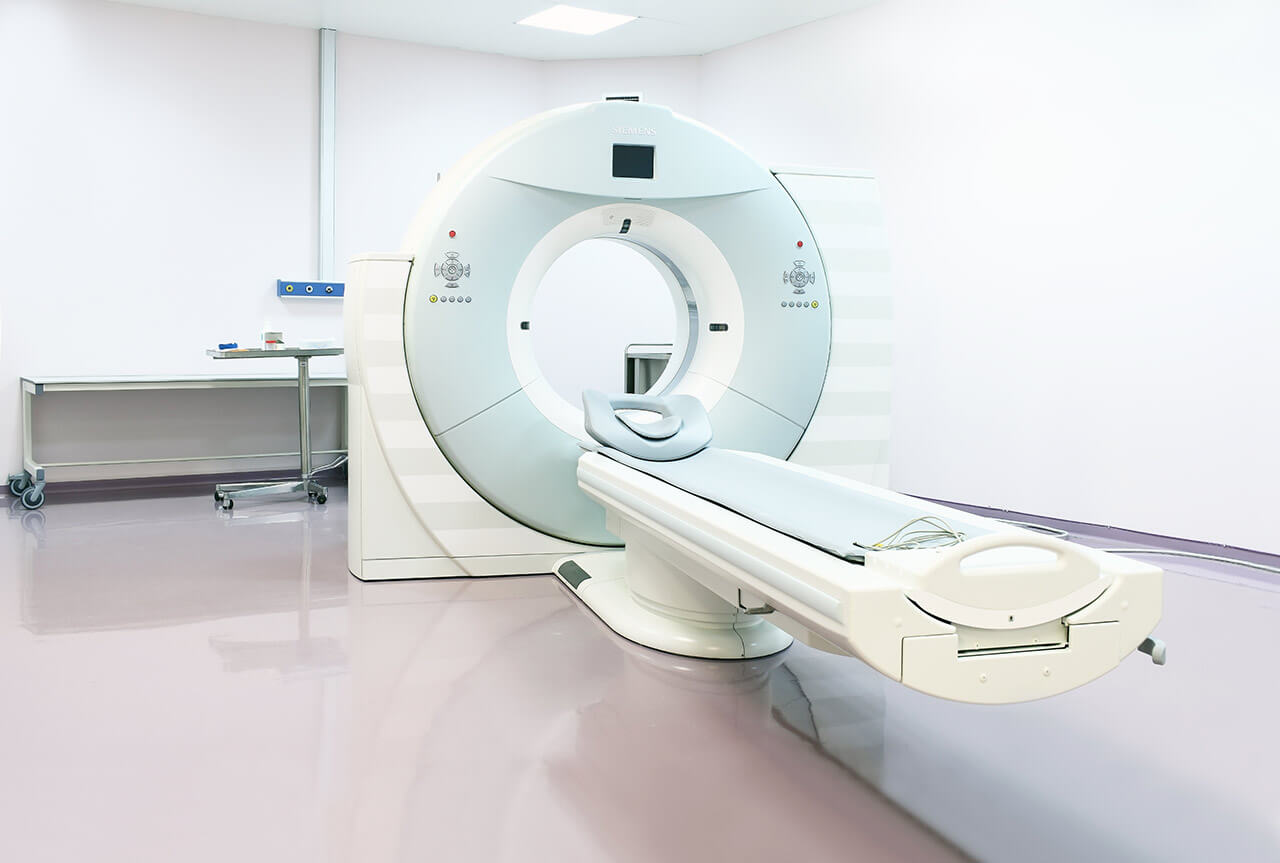
About the Department of Thoracic Surgery at Asklepios Hospital Barmbek Hamburg
The Department of Thoracic Surgery at the Asklepios Hospital Barmbek Hamburg provides effective surgical treatment for the full range of lung conditions and chest organ diseases, with the exception of heart pathologies. The team of surgeons specializes in operations for lung cancer, pleural mesothelioma, pleurisy, pneumothorax, pleural empyema, traumatic chest injuries, and chest malformations. Many operations are performed using minimally invasive techniques, which contribute to a shorter hospital stay and faster patient recovery. The department has more than 20 years of experience in the field of minimally invasive interventions on chest organs, so patients can count on the high professionalism of specialists and the best treatment results. The department's thoracic surgeons cooperate closely with pulmonologists, and during the treatment of cancer, oncologists, radiation therapists, radiologists, and other specialists are actively involved in the therapeutic process. Prior to the operation, the patient is fully informed about the peculiarities of the upcoming surgical procedure, the period of postoperative recovery, and possible risks. During the treatment, great importance is attached not only to the provision of top-class medical care but also to the comfort and psychological support of the patients. The Head Physician of the department is Dr. med. Klaus Diemel.
One of the key focuses of the department's specialization is lung cancer surgery. The department's surgeons have unique knowledge of the treatment of all forms of this disease, ranging from slow-growing tumors to rapidly progressing tumors and metastatic cancer, which may lead to death within months if left untreated. A treatment regimen is elaborated individually, taking into account the particular clinical case. Comprehensive examinations of the lungs and heart are mandatory before any surgical intervention. In most cases, surgery is combined with chemotherapy and/or radiation therapy, which can be carried out both before and after the surgical procedure. Lung cancer surgery is quite often performed using video-assisted thoracoscopic surgery (VATS). This is a minimally invasive surgical intervention. When performing the operation, the doctor makes only one or two small incisions through which the affected tissue is removed with the help of special instruments. This surgery will be effective mainly in the early stages of lung cancer, when the tumor has not reached a large size and is located within the lung. The results of minimally invasive operations for lung cancer are comparable to open surgery.
It should be noted that the department has more than 20 years of experience in minimally invasive thoracic surgery and gives preference to this sparing method if clinically indicated. However, in cases of metastatic tumors, surgeons perform open surgery, in which even minor pathological changes can be eliminated. The following two methods can be used to remove lung metastases: classical surgery (the part of the lung affected by metastases is removed with a scalpel) and laser surgery (the part of the lung affected by metastases is removed with a surgical laser, which helps to preserve more healthy tissue).
The department's team of thoracic surgeons successfully operates on patients with pleurisy. This condition causes the accumulation of exudate or pus in the patient's pleural cavity. Pleurisy is often a consequence of inflammatory diseases or malignant tumors in the lungs or pleura. The main symptoms of pleurisy are shortness of breath and severe pain. Without treatment, there is a high risk of developing acute respiratory failure due to the compression of lung tissue by accumulating exudate. Operations for the treatment of pleurisy are performed in the department using minimally invasive techniques, so there is no need for a long hospital stay.
Patients with pneumothorax can also receive medical care here. This disease is characterized by an accumulation of air in the pleural cavity, which leads to partial or complete lung collapse. The most common type of disease is primary spontaneous pneumothorax, which occurs for no apparent reason, causing severe shortness of breath and pain. Pneumothorax most commonly affects young men. The department also operates on patients with traumatic pneumothorax, which develops due to a chest injury, for example, as a result of an accident, stabbing, or gunshot wounds. In many cases, the department's doctors manage to get rid of the pneumothorax by puncture, and surgery is performed only in complex clinical cases. The specialists always give preference to minimally invasive surgical techniques.
The department's clinical focuses include:
- Surgery for malignant diseases of the respiratory system
- Surgery for lung cancer
- Surgery for pleural mesothelioma
- Surgery for lung metastases: classical and laser interventions
- Surgery for benign diseases of the respiratory system
- Surgery for pleurisy
- Surgery for primary spontaneous and traumatic pneumothorax
- Surgery for pleural empyema
- Surgery for traumatic chest injuries
- Surgery for chest deformities: pectus excavatum and pectus carinatum
- Other surgical options
Curriculum vitae
Higher Education and Professional Career
- Medical studies, Free University of Berlin.
- 1986 Research Fellow, project called "Non-invasive diagnosis of graft rejection after heart transplant surgery" of the German Research Foundation (DFG), Department of Cardiothoracic Surgery, German Heart Center Berlin.
- 1988 Internship, Department of Cardiothoracic Surgery, German Heart Center Berlin.
- 1991 Thesis defense, magna cum laude, Free University of Berlin. Subject: "Intramyocardial electrogram (IMEG) for non-invasive diagnosis of graft rejection after heart transplant surgery".
- 1992 Work in the Department of Surgery, Charite University Hospital Berlin.
- 1994 Work in the Department of Trauma Surgery and Reconstructive Surgery, Charite University Hospital Berlin.
- 1998 Work in the Department of Thoracic Surgery, Grosshansdorf Hospital.
- 2008 Senior Physician and Deputy Head Physician, Department of Thoracic Surgery, Hospital Grosshansdorf.
- 2009 Head, Section of Thoracic Surgery, Department of General, Abdominal, Thoracic and Vascular Surgery, St. Mary's Hospital in Hamburg.
- Since 2013 Head Physician, Department of Thoracic Surgery, Asklepios Hospital Barmbek Hamburg.
Membership in Professional Societies
- German Society of Surgery (DGCH).
- German Society for Thoracic Surgery (DGT).
- European Society of Thoracic Surgeons (ESTS).
- German Interdisciplinary Association for Intensive Care and Emergency Medicine (DIVI).
- Working Group on Intensive Care and Emergency Medicine (CAIN) of the German Society of Surgery (DGCH).
- Working Group on Perioperative Medicine (CAPM) of the German Society of Surgery (DGCH).
- German Cancer Society (DKG).
- Working Group on Thoracic Surgical Oncology of the German Cancer Society (DKG).
- Society of North-West German Surgeons.
- Working Group on Lung Cancer in Northern Germany (NBA).
- North German Society for Pneumology (NdGP).
- Hamburg Association for Intensive Medical Care.
- Lungennetz Nord Network of Competence Centers for Lung Diseases.
Photo of the doctor: (c) Asklepios Klinik Barmbek





